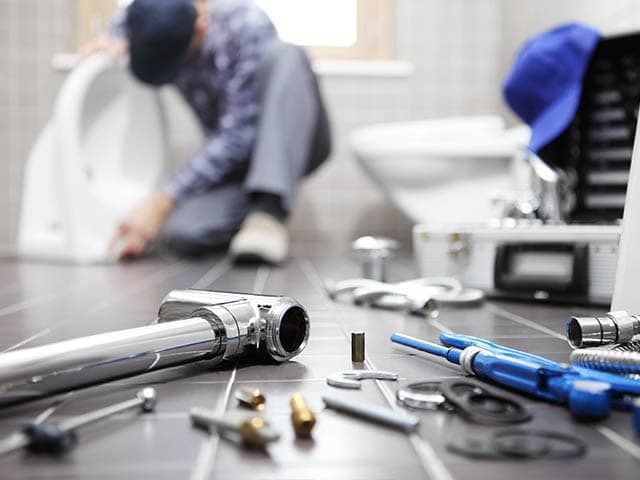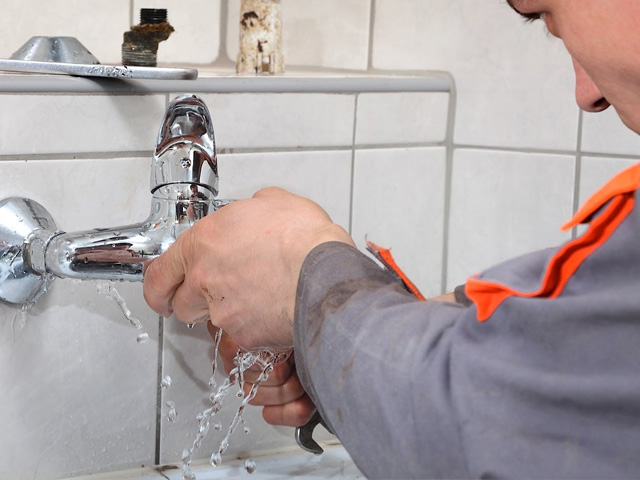
In a world where technological advancements continuously reshape various industries, plumbing is no exception. As we look towards the future, the plumbing sector is experiencing a significant transformation driven by innovative technologies. These advancements not only enhance efficiency but also contribute to sustainability and water conservation efforts. Let’s delve into some of the groundbreaking plumbing technologies shaping the future.
Smart Water Monitoring Systems
One of the most promising innovations in plumbing technology is the advent of smart water monitoring systems. These systems utilize sensors and IoT (Internet of Things) technology to provide real-time data on water usage, leak detection, and quality monitoring. By leveraging advanced analytics, homeowners and businesses can identify inefficiencies, prevent water wastage, and even detect potential leaks before they escalate into costly damages.
Water-Efficient Fixtures
Traditional plumbing fixtures consume significant amounts of water, contributing to excessive usage and wastage. However, with the emergence of water-efficient fixtures, such as low-flow toilets, faucets, and showerheads, consumption can be significantly reduced without compromising performance. These fixtures are designed to optimize water usage while maintaining functionality, thereby promoting conservation efforts and reducing utility costs for consumers.
Greywater Recycling Systems
Greywater, which refers to wastewater from sources other than toilets, can be recycled and reused for non-potable purposes such as irrigation, flushing toilets, and even laundry. Greywater recycling systems collect, filter, and treat wastewater from sinks, showers, and washing machines, making it suitable for various applications within residential and commercial settings. By incorporating greywater recycling systems, communities can alleviate strain on freshwater resources and promote sustainable water management practices.
Advanced Pipe Materials
Traditional piping materials like copper and galvanized steel have been the norm for decades. However, advancements in materials science have introduced new options that offer improved durability, corrosion resistance, and environmental sustainability. Materials such as cross-linked polyethylene (PEX), high-density polyethylene (HDPE), and polyvinyl chloride (PVC) are gaining popularity due to their versatility, ease of installation, and longevity. These advanced pipe materials not only enhance system performance but also contribute to the overall efficiency and longevity of plumbing infrastructure. For additional tips and information about exploring innovative plumbing technologies, be sure to visit abacusplumbing.com/plumbing/plumbing-repair/ to learn more.

Robotics and Automation
The integration of robotics and automation in plumbing operations is revolutionizing how tasks are performed, particularly in maintenance and repair activities. Robotic devices equipped with cameras and sensors can navigate through pipes to inspect, clean, and even repair damages with precision and efficiency. Automation technologies streamline processes such as leak detection, pipe inspection, and maintenance scheduling, minimizing human intervention and optimizing resource utilization.
Conclusion
The future of plumbing is undoubtedly marked by innovation and technological advancement. From smart water monitoring systems to greywater recycling and advanced pipe materials, these technologies are reshaping the landscape of water systems management. Embracing these innovations not only enhances efficiency and performance but also promotes sustainability and conservation efforts. As we continue to explore and adopt these innovative plumbing technologies, we move closer to building a more resilient and sustainable water infrastructure for generations to come.



